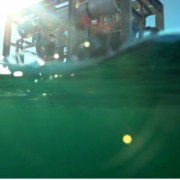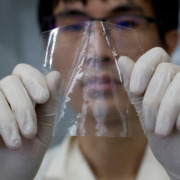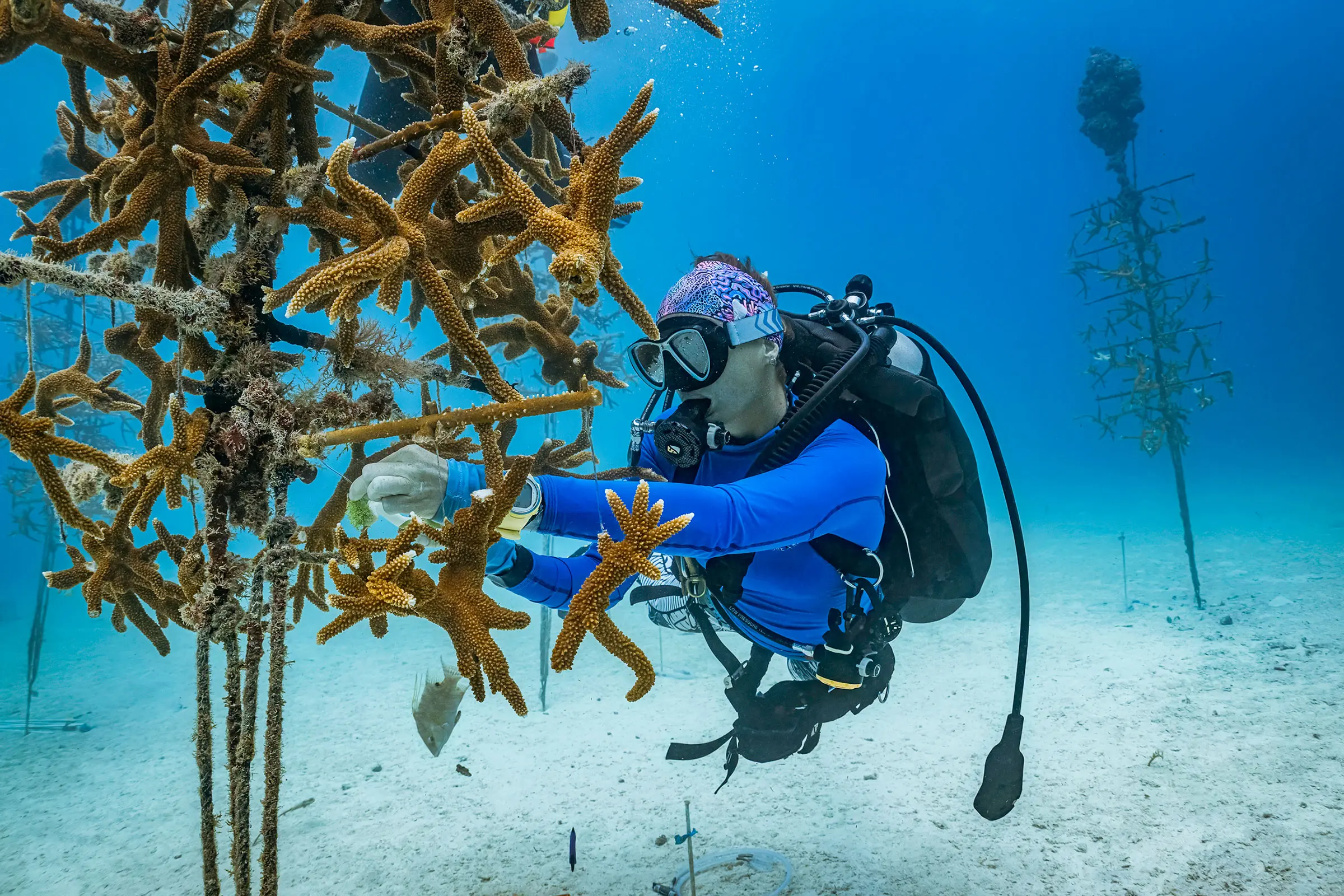The World Is Running Out of Clean Water. This Technology Promises to Fix It.
Deep-sea desalination is on the cusp of providing a source of clean water from the Caribbean to the Emirates.
As the world grapples with a looming water crisis, a groundbreaking technology offers hope for a sustainable solution. According to a recent article by the Wall Street Journal, the global water supply is rapidly dwindling, with many regions facing severe shortages of clean water. However, a new innovation promises to revolutionize the way we access and utilize this precious resource.
The technology, which harnesses the power of advanced filtration systems and renewable energy sources, has the potential to provide clean water to millions of people around the world. By removing contaminants and pollutants from water sources, this cutting-edge solution can ensure that communities have access to safe and drinkable water.
In addition to addressing the immediate needs of water-scarce regions, this technology also offers long-term benefits for the environment. By reducing the demand for unsustainable water extraction practices, such as groundwater pumping, it can help preserve natural ecosystems and protect vital water sources for future generations.
The article highlights the importance of investing in innovative technologies to combat the global water crisis. With climate change exacerbating water scarcity and pollution, it is essential to develop sustainable solutions that can mitigate the impact of these challenges.
As we confront the urgent need for clean water, this groundbreaking technology offers a ray of hope for a more sustainable future. By harnessing the power of innovation and collaboration, we can ensure that clean water remains accessible to all and safeguard the health and well-being of communities worldwide.





